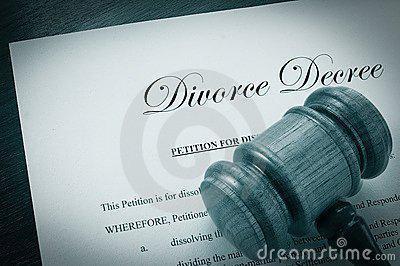Divorce for Mentally Disabled More Easier in the Future
 Mentally disabled people have not been able to get a divorce in Illinois in the past unless his or her spouse has wanted to. However, this might change in the near future due to a recent ruling in a case in Cook County, according to the Chicago Tribune. Marcia Karbin was in a car accident in 1997 and has been suffering from brain damage ever since. After the accident, her daughter was named her legal guardian. Marcia has had financial disputes with her husband which prompted her daughter to seek a divorce for her.
Mentally disabled people have not been able to get a divorce in Illinois in the past unless his or her spouse has wanted to. However, this might change in the near future due to a recent ruling in a case in Cook County, according to the Chicago Tribune. Marcia Karbin was in a car accident in 1997 and has been suffering from brain damage ever since. After the accident, her daughter was named her legal guardian. Marcia has had financial disputes with her husband which prompted her daughter to seek a divorce for her.
In the past, guardians have not been allowed to seek a divorce on behalf of the mentally disabled people they were taking care of. It didn’t matter whether a person had a severe brain damage, Alzheimer’s or a mental illness whose effects come and go – even if they were able to voice their desires, they were still banned from seeking a divorce. The ban, however, might leave disabled people under the control of abusive or exploitative spouses. As stated by Justice Charles Freeman, "either the guardian can act in the best interests of the ward for all personal matters, or for none at all."
Guardians will now be able to file for divorce, even when the disabled person cannot speak for themselves. It will be up to the judge to decide whether the divorce would be in the disabled person’s best interests. Equip for Equality, an organization for advancing the human and civil rights of children and adults with physical and mental disabilities in Illinois, has said that the ruling is a "major change that will look at each disabled person individually."
Divorce is an ordeal, with or without disabilities. It is important for you to find a knowledgeable attorney who understands your situation and can help guide you through the complex legal terrain. If you are considering filing a divorce, contact an experienced Illinois divorce lawyer today.















